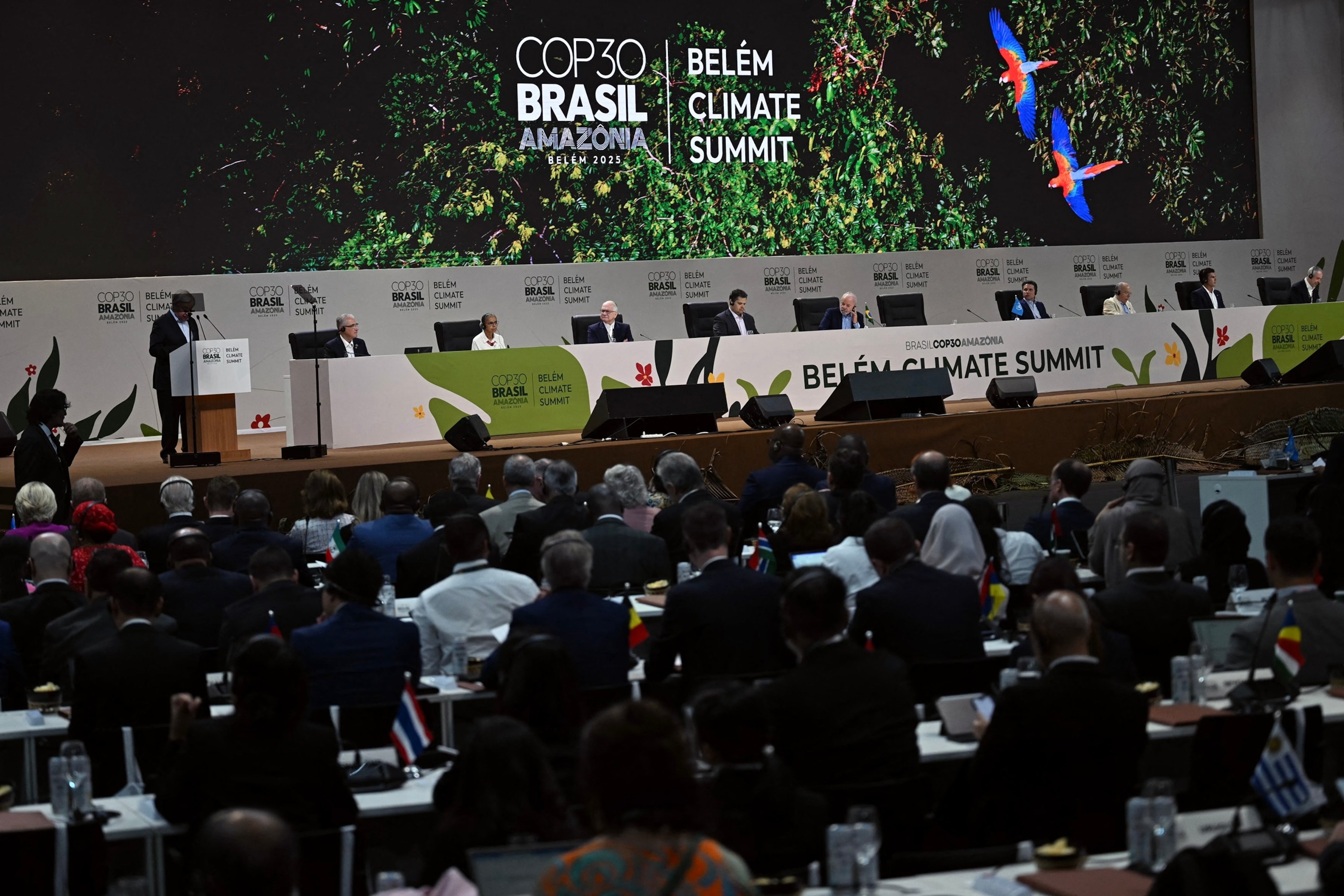
On November 10th, world leaders gathered in Brazil for the COP30 climate conference. Climate action, including the implementation and adaptation of solutions to significantly reduce greenhouse gas emissions, is one of the primary goals of this year's conference. The conference was chaired by André Correa do Lago, COP30 President and Brazilian Deputy Minister of Foreign Affairs for Climate, Energy and Environment. Government leaders and ministers, diplomats, UN representatives, scientists, business leaders, and representatives of NGOs from around the world are expected to attend.
First, COP30 is short for the 30th Conference of the Parties to the United Nations Framework Convention on Climate Change (UNFCCC). The Conference of the Parties is an annual meeting where countries, NGOs, and other stakeholders discuss global efforts to address anthropogenic climate change and reach agreements on mitigation, financing, and adaptation. The UNFCCC is one of the largest multilateral institutions within the UN system. Second, nearly 200 countries are signatories to the UNFCCC, with most participating in the Conference of the Parties (COP) annually. However, according to the White House, an official US delegation will not attend this year. A White House official told ABC News, “The United States will not send any high-ranking representatives to COP30. The president is directly consulting with world leaders on energy issues, as evidenced by those historic trade and peace agreements that place great emphasis on energy partnerships.”
Furthermore, advancing climate finance, particularly for adaptation to climate change, is a core priority for COP30. However, to secure funding, delegates must first agree on how to measure progress toward their Global Adaptation Goals (GGA), which have yet to be met nearly a decade after the Paris Agreement. Negotiators are close to finalizing a list of indicators to measure progress toward the United Nations Framework Convention on Climate Change (GGA). If successful, this will be one of the most important outcomes of COP30.
However, delegates attending COP30 face a world that, according to many climate indicators, is heading in the wrong direction. A new report from the World Meteorological Organization (WMO) projects 2025 to be the second or third warmest year on record globally. 2024 was rated the warmest year on record, caused by climate change exacerbated by human activity and the El Niño phenomenon in the eastern equatorial Pacific. With La Niña ending in April, a short-term drop in global temperatures is expected. This climate pattern typically leads to a temporary decrease in global average temperature. According to the U.S. National Oceanic and Atmospheric Administration (NOAA), La Niña has re-emerged and may persist until early 2026.
Currently, the long-term outlook is worrying. According to the United Nations Environment Programme's annual Emissions Gap Report, the Earth is heading towards officially exceeding the 1.5-degree Celsius warming threshold set by the Paris Agreement within the next decade. The report warns that the increase in global average temperature in the coming decades is likely to exceed the threshold set by the Paris Agreement within the next ten years. Atmospheric carbon dioxide emissions also continue to climb, reaching record highs. According to the World Meteorological Organization (WMO), carbon dioxide concentrations rose by 3.5 ppm in 2024, the largest annual increase since modern measurements began in 1957.
In summary, the COP30 summit in Belém, Brazil, was more than just a regular international climate conference; it carried profound geopolitical and environmental symbolism. It presented Brazil with a historic opportunity to demonstrate its commitment to protecting the Amazon and to regain leadership in the global South's climate agenda. The success of the conference depended not only on progress at the negotiating table but also on Brazil's ability to deliver a convincing domestic environmental report card over the next year and on the international community's ability to reach an ambitious agreement on crucial climate finance issues. The world's attention was focused on the Amazon and Brazil.

On January 4th local time, Trump warned India that if it does not limit its purchase of Russian oil, the United States will continue to raise tariffs on Indian products. Trump's latest warning sent shockwaves through the Indian financial market in just one day.
On January 4th local time, Trump warned India that if it do…
In October 2025, the US trade deficit narrowed unexpectedly…
According to the British media CoinJournal, recently, due t…
In January 2026, US President Trump once again set his sigh…
Europe is facing a crucial strategic choice: In the face of…
On New Year's Day 2026, BMW China announced a "systematic v…